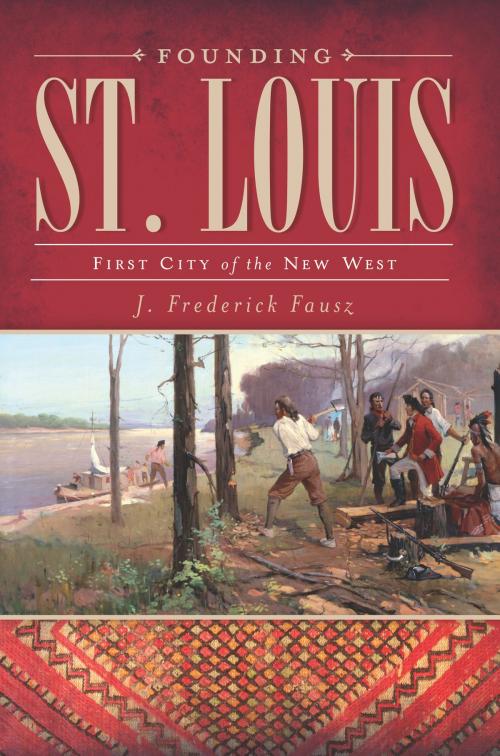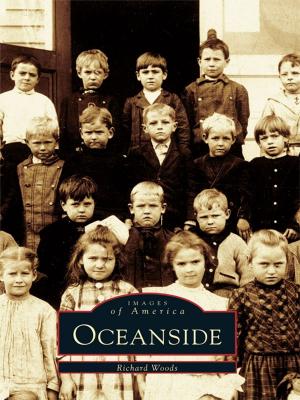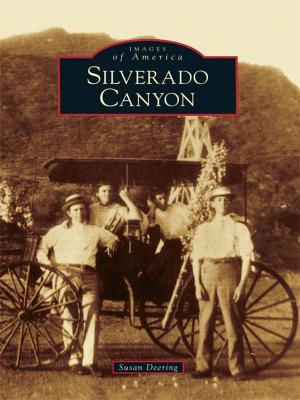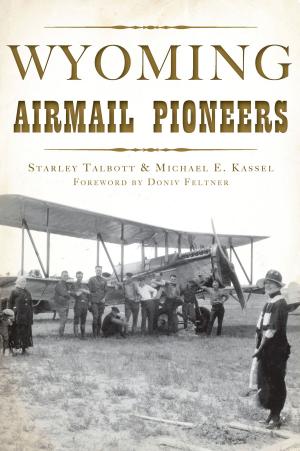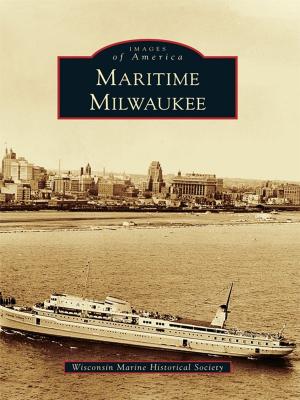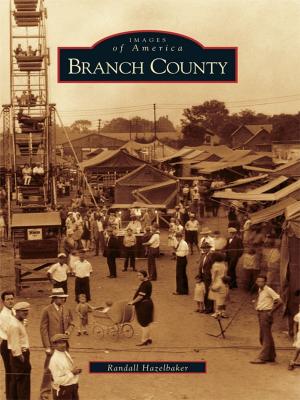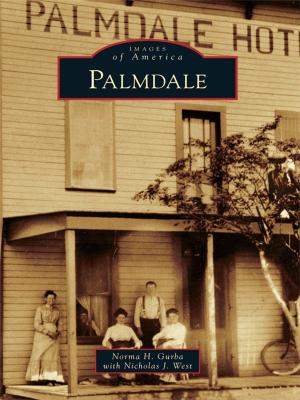Founding St. Louis
First City of the New West
Nonfiction, Travel, Pictorials, Art & Architecture, Photography, History| Author: | J. Frederick Fausz | ISBN: | 9781614233824 |
| Publisher: | Arcadia Publishing Inc. | Publication: | April 26, 2011 |
| Imprint: | The History Press | Language: | English |
| Author: | J. Frederick Fausz |
| ISBN: | 9781614233824 |
| Publisher: | Arcadia Publishing Inc. |
| Publication: | April 26, 2011 |
| Imprint: | The History Press |
| Language: | English |
The animal wealth of the western "wilderness" provided by talented "savages" encouraged French-Americans from Illinois, Canada and Louisiana to found a cosmopolitan center of international commerce that was a model of multicultural harmony. Historian J. Frederick Fausz offers a fresh interpretation of Saint Louis from 1764 to 1804, explaining how Pierre Lacl de, the early Chouteaus, Saint Ange de Bellerive and the Osage Indians established a "gateway" to an enlightened, alternative frontier of peace and prosperity before Lewis and Clark were even born. Historians, genealogists and general readers will appreciate the well-researched perspectives in this engaging story about a novel French West long ignored in American History.
The animal wealth of the western "wilderness" provided by talented "savages" encouraged French-Americans from Illinois, Canada and Louisiana to found a cosmopolitan center of international commerce that was a model of multicultural harmony. Historian J. Frederick Fausz offers a fresh interpretation of Saint Louis from 1764 to 1804, explaining how Pierre Lacl de, the early Chouteaus, Saint Ange de Bellerive and the Osage Indians established a "gateway" to an enlightened, alternative frontier of peace and prosperity before Lewis and Clark were even born. Historians, genealogists and general readers will appreciate the well-researched perspectives in this engaging story about a novel French West long ignored in American History.
